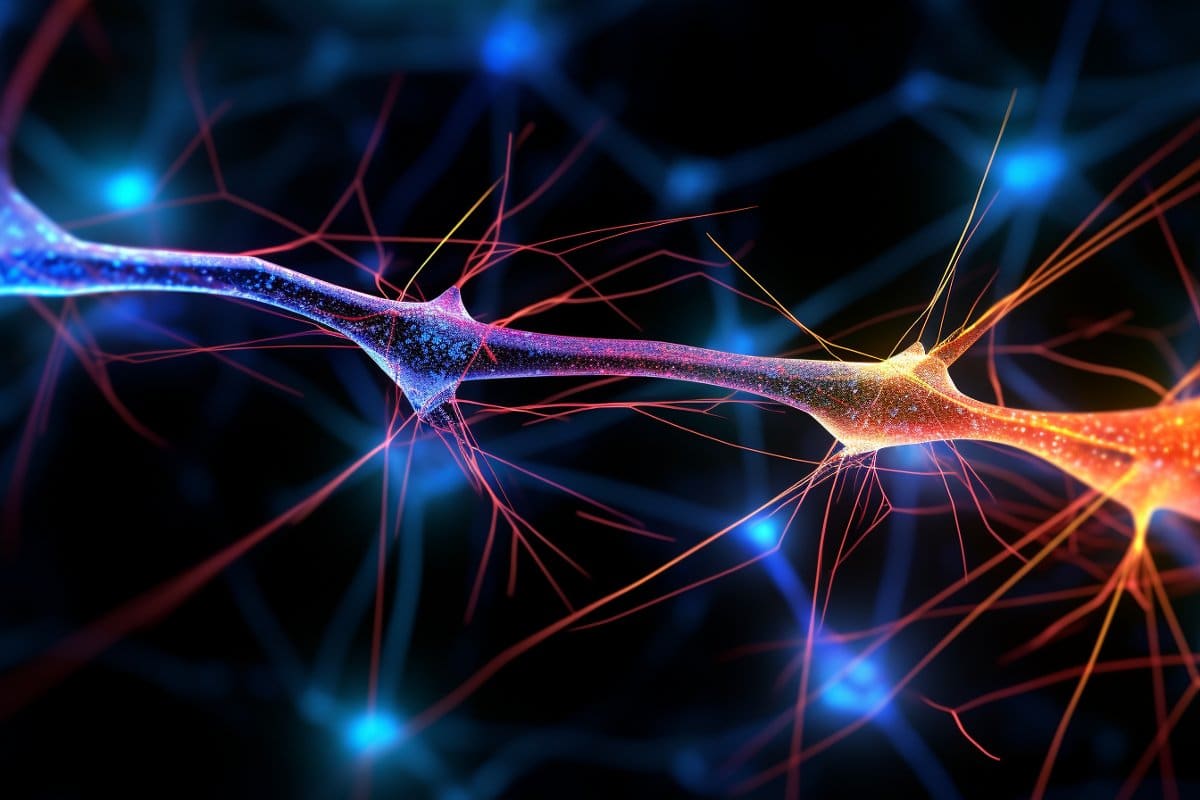How Visually Impaired Individuals Identify Faces Using Sound: A Fascinating Look at Face Recognition Techniques
Georgetown University Medical Center and its colleagues discovered that people who are blind can recognize faces through auditory patterns processed by the fusiform face area, a distinct region in the brain that handles face processing. To conduct their research, they used a sensory substitution device to convert images into sound, demonstrating that facial recognition is …










